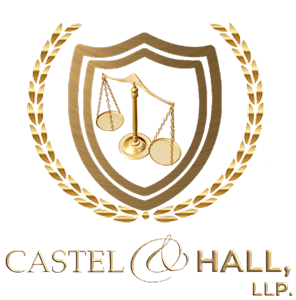Estate planning involves determining how a person’s belongings and assets will be managed, preserved, and distributed to those that they want in the event of their death or incapacity. Assets could include all sorts of personal property, including money, cars, houses, works of art, insurance benefits, and even pensions. There are many reasons an individual would take part in estate planning, but the common reasons are to preserve the wealth of their family and to provide for their spouses, children, and grandchildren. Occasionally they might also give to charity. Some other benefits of estate planning include the ability to establish guardians for minor children and to set up funeral arrangements.
Intestate v. Testate
A person is said to die testate if he or she dies with a valid will. Conversely, a person is said to die intestate if he or she dies without a validly executed will. If one dies intestate, then all of their probate assets are distributed in accordance with the state’s intestacy statutes.
Will
A will is a legal document that can be used to express an individual’s intentions on how they want their assets and property to be handled and distributed upon their passing. In order to have a valid will in the state of Massachusetts, the will must be signed by the testator and two witnesses. A will can either be revoked by destroying it or by executing a subsequent will.
Probate Proceedings
Probate is a type of court-supervised process that gives someone, usually the spouse or a family member of the deceased, the authority to gather the deceased person’s assets, pay any outstanding debts and taxes, and distribute assets in accordance with the terms of a will or, if there is no enforceable will, in accordance with Massachusetts intestacy statutes.
Trusts
A trust is method of estate transfer that allows an individual (the grantor) to legally give authority to another party (the trustee) to handle the grantor’s assets for the benefit of a third party (the beneficiary). A trustee is an individual chosen to manage the trust assets and is responsible for distributing the trust assets in accordance with the terms of the trust.
Generally, there are two basic types of trusts: (1) the living trust and (2) the testamentary trust. Living trusts can be either irrevocable or revocable. A testamentary trust is set up in a will and goes into effect upon the testator’s death.
Power of Attorney
A power of attorney is a legal document giving one person (the attorney-in-fact) the ability to act on behalf of and make decisions for another person (the principal), usually in regard to financial matters. Because your attorney-in-fact can make decisions effecting your financial future, it is important that you consider how responsible and trustworthy someone is before making that person your attorney-in-fact.
Health Care Proxy
A health care proxy is a legal document that allows for an individual to name someone (the agent) that they know and trust to make healthcare decisions on their behalf if they become unable to communicate or makes decisions themselves.
